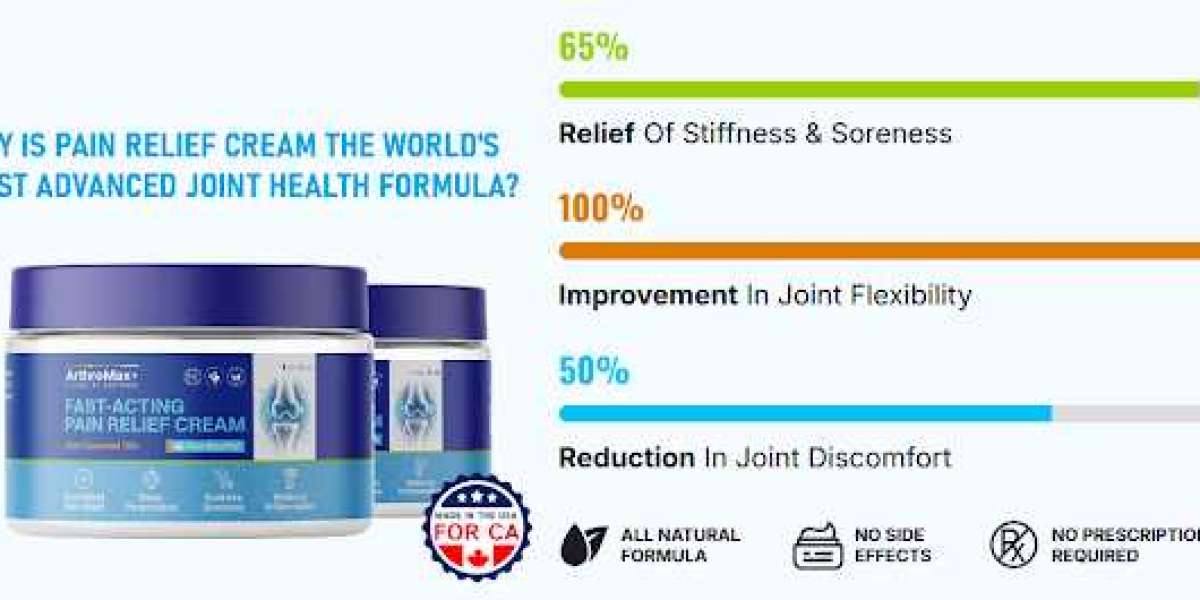Bringing a new baby home fills parents with joy and questions. One common worry is about baby skin care. Many new parents wonder when they can safely use lotion on their little one. Baby skin is soft and delicate, so knowing the right time to start using products is important.
Understanding Your Newborn's Skin
Newborn skin is very different from adult skin. It is thinner and more sensitive. Babies are born with a special coating called vernix. This white, waxy substance protects their skin in the womb. After birth, this coating naturally absorbs into the skin over the first few days.
During the early weeks, baby skin goes through many changes. Some babies have dry patches or flaky skin. This is normal and usually goes away on its own. The skin is learning to adjust to the air outside the womb.
The Right Time to Start
Most doctors say you should wait before using lotion on a newborn. The first few weeks are important for the skin to develop naturally. When to start using baby lotion depends on your baby's skin condition and age.
Generally, it is safe to start using baby lotion after the first two to four weeks. By this time, the vernix has been absorbed. The skin has had time to adjust to the outside world. However, every baby is different. Some babies may need lotion sooner if they have very dry skin.
If your baby's skin looks healthy and smooth, you may not need lotion at all. Many babies do fine without any extra products. Let your baby's skin guide you. If you see dry patches or rough areas, that might be a sign that lotion could help.
Signs Your Baby Needs Lotion
Watch your baby's skin for certain signs. Dry patches that do not go away after a few days might need moisture. Rough or scaly areas on the arms, legs, or face could mean the skin is too dry. Redness or slight flaking can also show that the skin needs help.
Cold weather and dry air can make a baby's skin drier. If you live in a place with harsh winters, your baby might need lotion more often. Babies born in the winter months may need moisturizer sooner than summer babies.
Some babies have skin conditions like eczema. These babies often need special care and regular lotion use. If you notice red, itchy patches that do not improve, talk to your doctor. They can recommend the best treatment.
Choosing the Right Baby Lotion
Not all lotions are safe for babies. Baby skin absorbs products quickly, so choosing gentle, natural products matters. Look for lotions made specifically for babies. These products are tested to be mild and safe.
Read the ingredient list carefully. Avoid lotions with strong fragrances, dyes, or harsh chemicals. These can irritate sensitive skin. Good baby lotions contain simple, natural ingredients. Ingredients like shea butter, coconut oil, and aloe vera are gentle and effective.
Hypoallergenic lotions are a good choice. These are made to reduce the risk of allergic reactions. Fragrance-free options are often better for newborns. Even natural fragrances can sometimes irritate.
Before using any new product, do a small patch test. Put a tiny amount of lotion on your baby's arm or leg. Wait 24 hours to see if any redness or irritation appears. If the skin looks fine, the lotion should be safe to use.
How to Apply Baby Lotion Safely
When you are ready to use lotion, apply it the right way. Make sure your hands are clean before touching your baby's skin. Use a small amount of lotion. A little goes a long way on baby skin.
Warm the lotion between your hands first. This makes it more comfortable for your baby. Gently massage the lotion into the skin using smooth, circular motions. This feels good and helps the lotion absorb better.
Focus on areas that tend to get dry. Common dry spots include the arms, legs, and cheeks. Be careful around the diaper area. You usually do not need lotion there because diaper cream is used instead.
Avoid putting lotion on broken or irritated skin without asking your doctor first. If your baby has a rash or open sores, special treatment might be needed.
Best Times to Use Baby Lotion
The best time to apply lotion is right after a bath. Baby skin is slightly damp, which helps lock in moisture. Pat your baby dry with a soft towel, leaving the skin a little moist. Then apply the lotion gently all over.
You can also use lotion before bed as part of a calming routine. The gentle massage can help your baby relax and sleep better. Some parents apply lotion in the morning too, especially during dry seasons.
You do not need to use lotion every day unless your baby has very dry skin. A few times a week is often enough for healthy skin. Pay attention to how your baby's skin responds. Adjust how often you use lotion based on what works best.
Special Considerations
Some situations require extra care. Premature babies have even more delicate skin than full-term babies. When to start using baby lotion on preemies should be discussed with your pediatrician first.
Babies with skin conditions need special attention. Eczema, cradle cap, and other issues might require medicated lotions or specific products. Always follow your doctor's advice for these cases.
If your baby develops a rash or reaction after using lotion, stop immediately. Wash the area gently with water. Contact your pediatrician if the reaction seems serious or does not go away quickly.
Natural Alternatives to Baby Lotion
Some parents prefer natural oils instead of commercial lotions. Coconut oil is popular because it is gentle and natural. A small amount can moisturize dry skin effectively. Other options include sweet almond oil or pure shea butter.
If you choose natural oils, make sure they are pure and unrefined. When to start using baby lotion or natural alternatives, always check with your doctor first. Some babies might be allergic to certain oils.
Test any natural product the same way you would test lotion. Use a small amount on one area first. Watch for any reaction before using it all over your baby's body.
Creating a Healthy Skin Care Routine
Good skin care is about more than just lotion. Give your baby gentle baths with warm water. Use mild, fragrance-free baby soap. Limit bath time to five or ten minutes to prevent drying out the skin.
Keep your home at a comfortable temperature. Use a humidifier in dry weather to add moisture to the air. Dress your baby in soft, breathable fabrics like cotton. Avoid rough materials that can irritate the skin.
Protect your baby's skin from harsh weather. In winter, cover exposed skin when going outside. In summer, keep your baby in the shade and use baby-safe sunscreen after six months of age.
Talking to Your Pediatrician
Your baby's doctor is your best resource for skin care advice. At regular checkups, ask about your baby's skin. When to start using baby lotion and which products to use are good questions for your pediatrician.
If you notice anything unusual about your baby's skin, do not wait. Call your doctor right away. They can tell you if the issue is normal or if treatment is needed. Early attention to skin problems can prevent bigger issues later.







